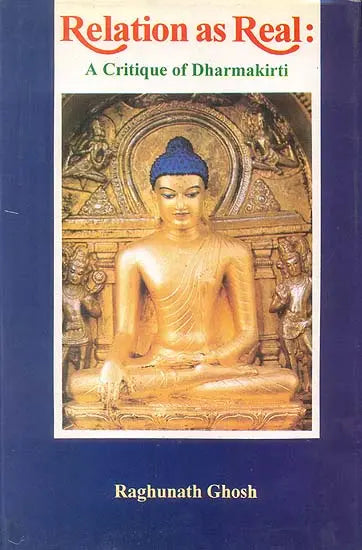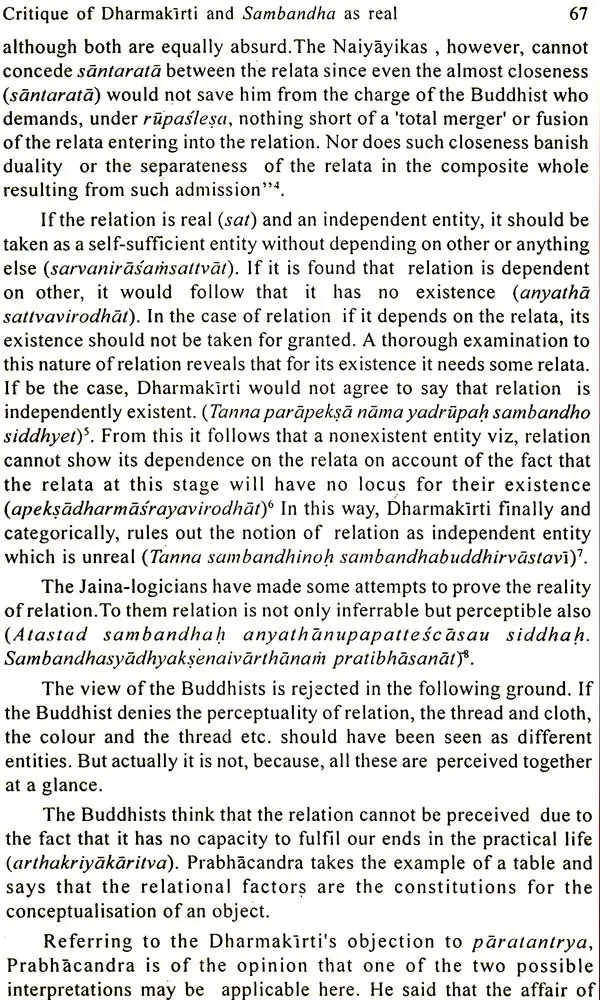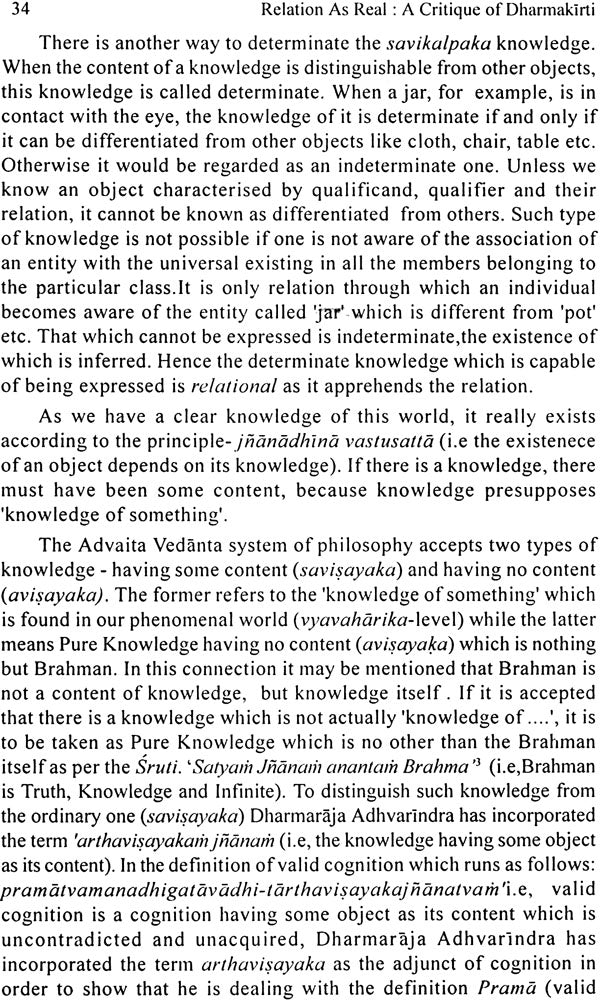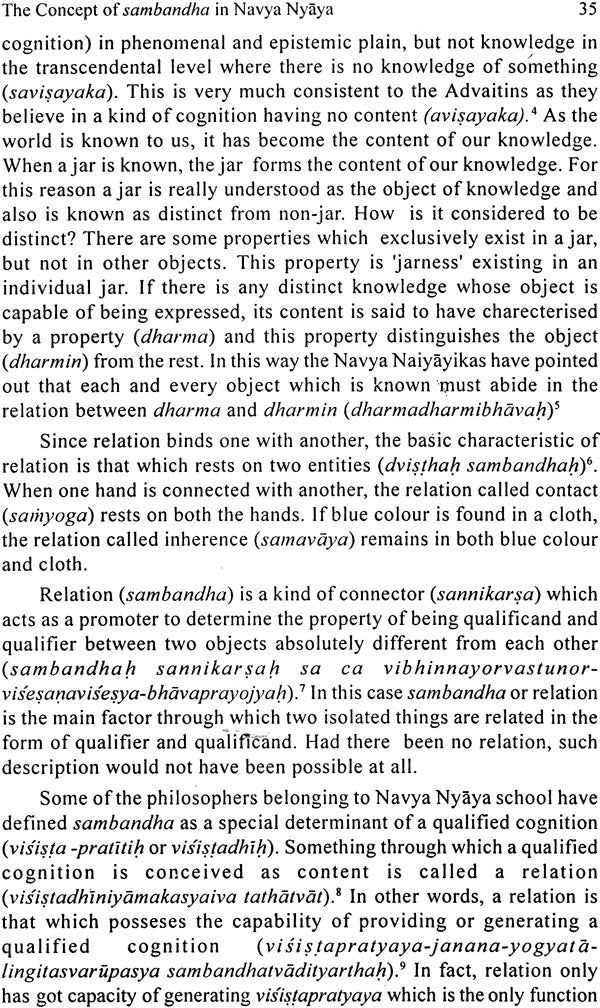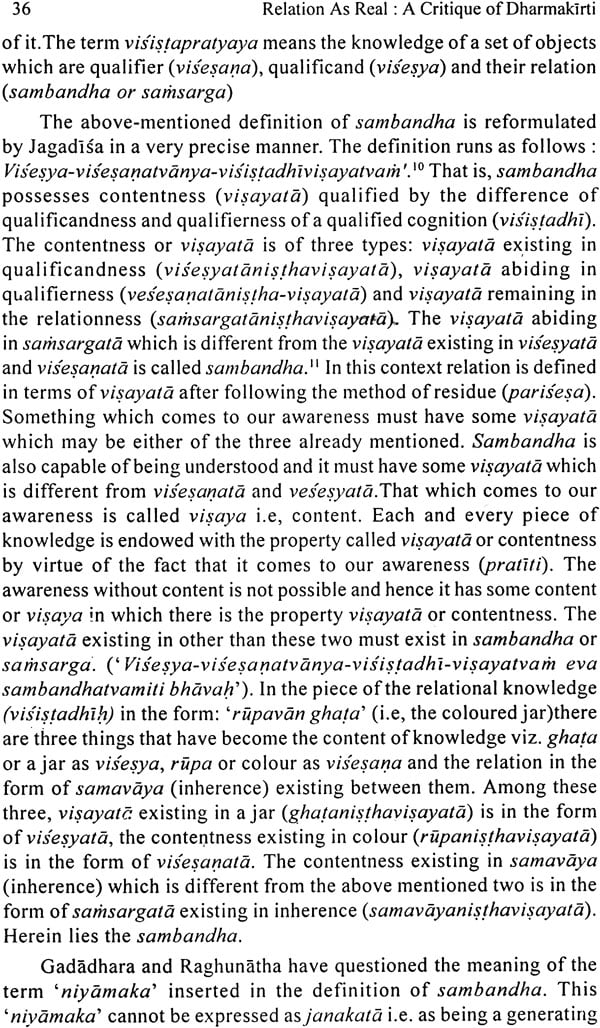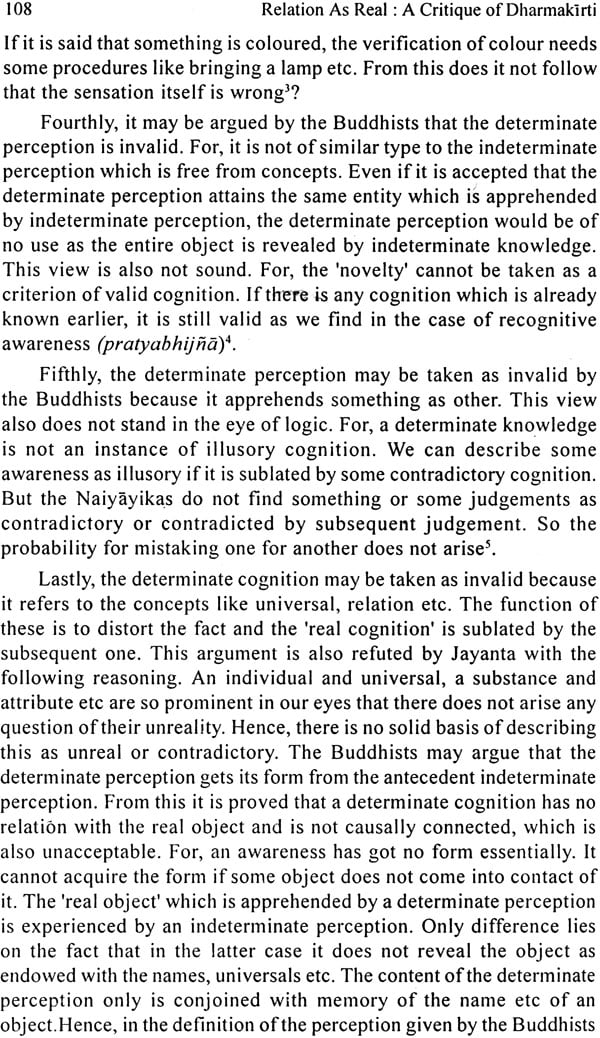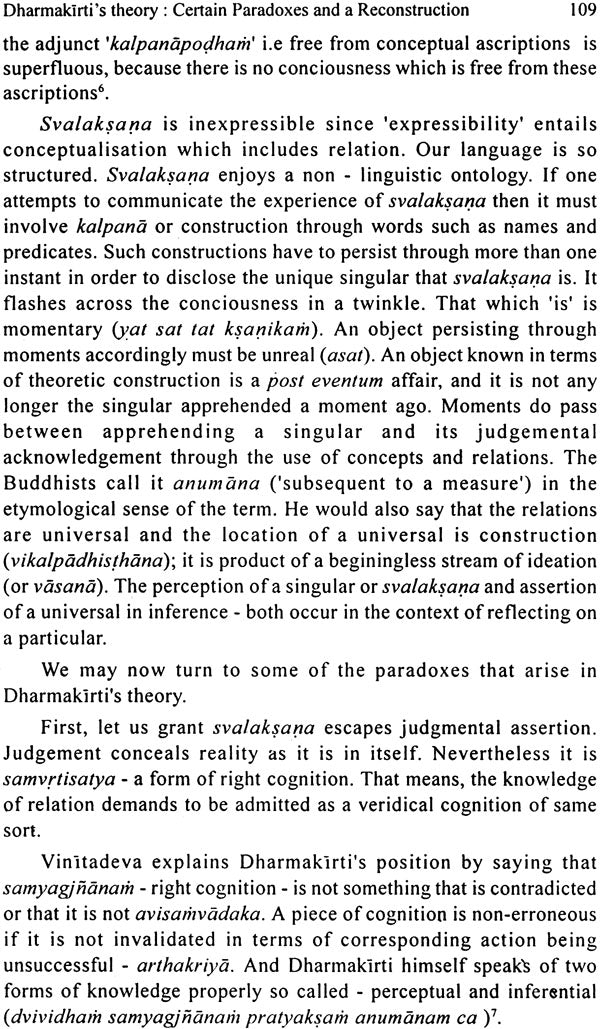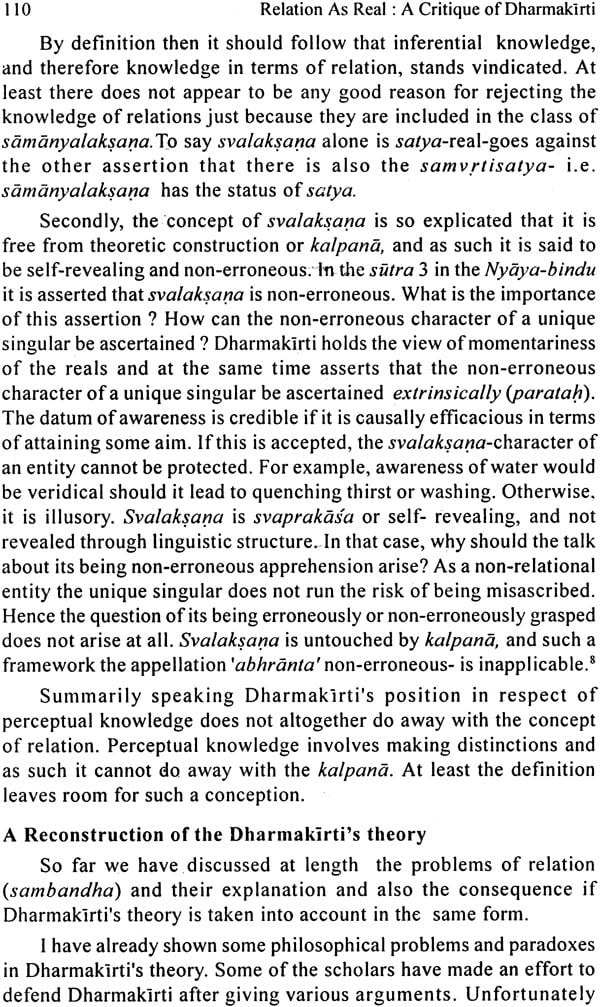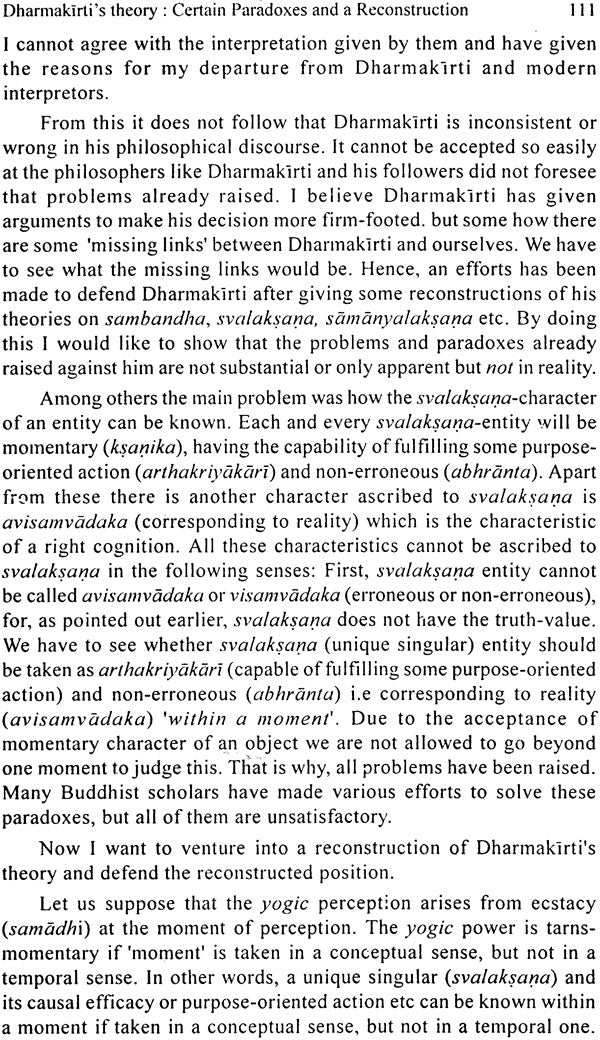Relation as real: A critique of Dharmakirti (Bibliotheca Indo-Buddhica series)
Relation as real: A critique of Dharmakirti (Bibliotheca Indo-Buddhica series) is backordered and will ship as soon as it is back in stock.
Couldn't load pickup availability
Genuine Products Guarantee
Genuine Products Guarantee
We guarantee 100% genuine products, and if proven otherwise, we will compensate you with 10 times the product's cost.
Delivery and Shipping
Delivery and Shipping
Products are generally ready for dispatch within 1 day and typically reach you in 3 to 5 days.
Book Details:
-
Author: Raghunath Ghosh
-
Publisher: Sri Satguru Publications
-
Language: English
-
Edition: 2001
-
ISBN: 8170306930
-
Pages: 136
-
Cover: Hardcover
-
Dimensions: 23 cm x 14 cm
-
Weight: 290 gm
About the Book
This concise yet intellectually enriching volume by Raghunath Ghosh presents a focused study in the realm of Indian philosophical thought, offering insights into classical traditions through modern academic engagement. Published by Sri Satguru Publications, the book is an essential addition to the growing body of scholarship that bridges ancient Indian wisdom with contemporary philosophical discourse.
Though compact in length, the work is rich in analytical depth, exploring critical issues in Indian logic, epistemology, and ethics. Ghosh brings clarity to some of the more intricate arguments found in the classical schools of Indian philosophy—potentially focusing on Nyāya, Mīmāṁsā, or Vedānta—depending on the thematic orientation of the book.
Known for his expertise in philosophical hermeneutics and Indian moral reasoning, Raghunath Ghosh uses this volume to explore how traditional categories such as pramāṇa (means of knowledge), dharma (duty/ethics), and metaphysical realism continue to remain relevant in current philosophical analysis. His approach is comparative, analytical, and rooted in both Sanskritic scholarship and modern philosophical method.
Ideal for students, researchers, and scholars in the fields of Indian philosophy, comparative religion, ethics, and classical logic, this book provides an accessible yet rigorous entry point into complex theoretical terrain. It also serves as a useful academic reference for those looking to understand the continuity of Indian philosophical reasoning across historical and cultural shifts.

